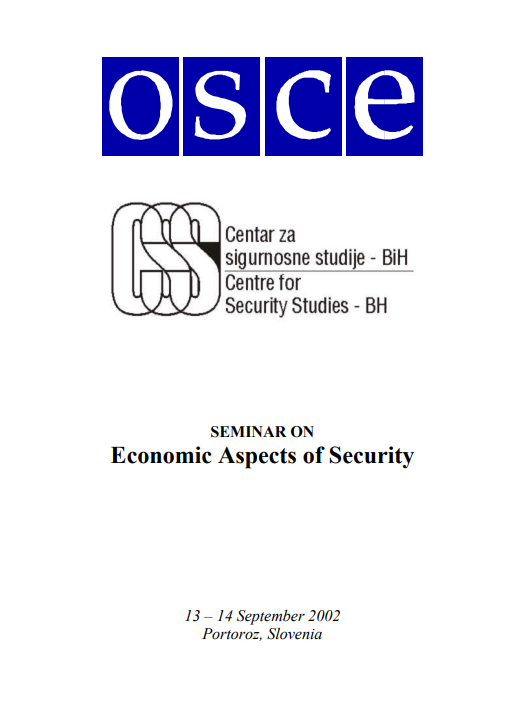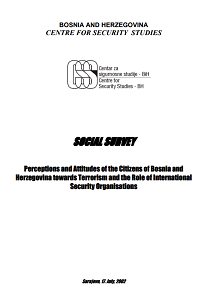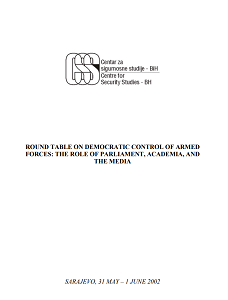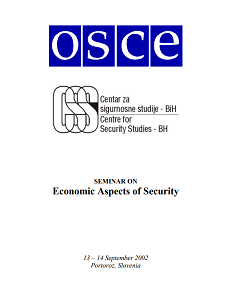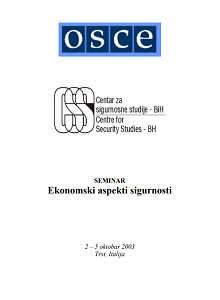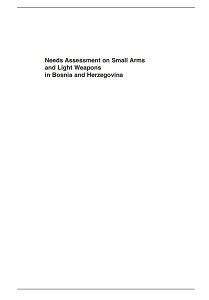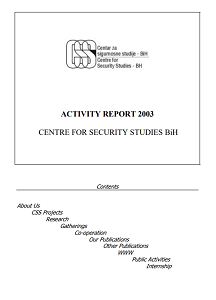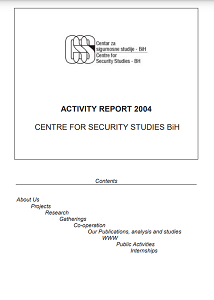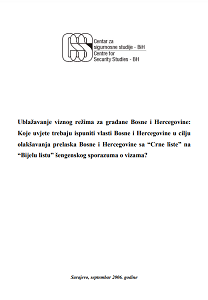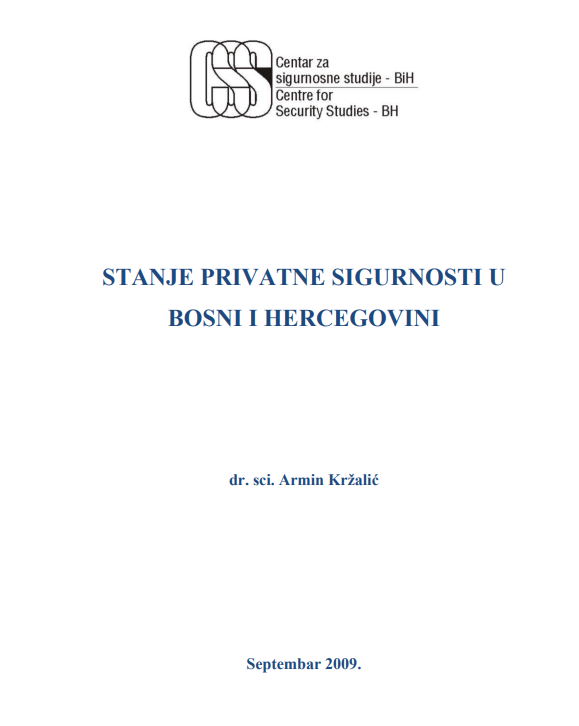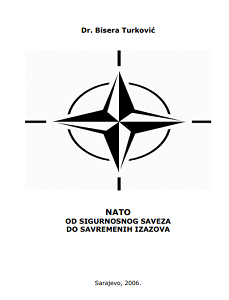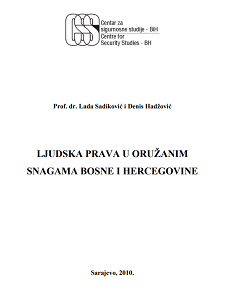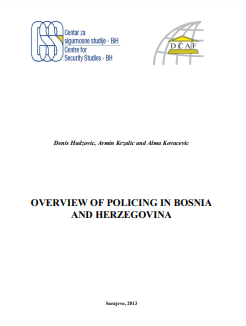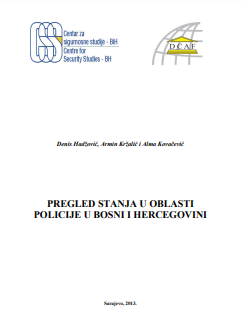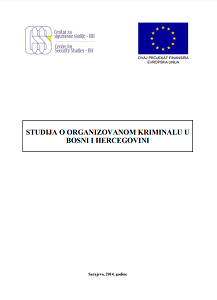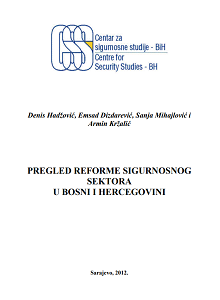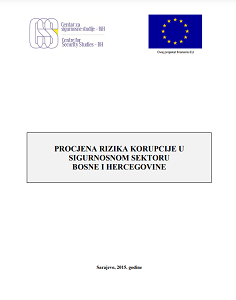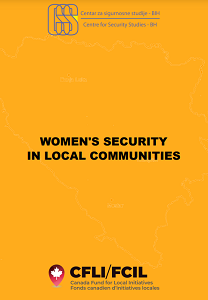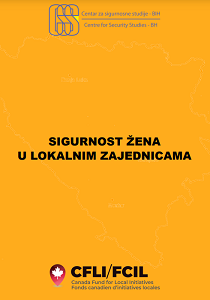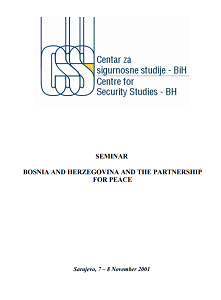
Seminar - Bosnia and Herzegovina and the Partnership for Peace
Seminar - Bosnia and Herzegovina and the Partnership for Peace
Keywords: BiH; peace; partnership; military; defense; security; policy;
At the start I would like to express welcome to all of our esteemed guests both domestic and coming from abroad. I would especially like to thank Mr. Krizanovic, who will be officially opening this seminar, His Excellency Ambassador Beecroft, Head of the OSCE Mission, Mr. George Katsirdakis, also well known to all of us, a distinguished personality who I may so is a person that is of the most significance at this moment in relation to the Partnership for Peace (PfP). I will not be too long and take too much of your time, but allow me to perhaps clarify why are we organizing this seminar. You know that the Presidency of BiH has expressed its wish by sending a Letter of Intention, in which it is stated that Bosnia and Herzegovina would like to join the PfP – with Yugoslavia we are the only country that is not a member of this organization. Since parliamentarians should also be informed about the responsibilities once the country has entered the PfP, in the overall process and procedure and what the PfP itself means, then I must say that I am very happy being the Director of the CSS, to see such a great response as well as seeing that we are joined by such distinguished speakers. I am also certain that after their presentations many more things will be clear. I also did not know that there are quite frequent misinterpretations due to the lack of information, and we also know that to BiH we have invited these distinguished speakers who are experts in this subject matter, and who will join and support us. The orientation of armed forces before 1991 was towards a collective enemy; however, today we speak more about threats and risks. The events of the 90s changed the perceptions of security and armed forces. Armed forces lost their territorial orientation, and the question of security was no longer restricted to borders. The defence military strategy was given up in place of an active security policy. This has also meant that in place of numerousness, the impetus has been passed to concentrate on flexibility, mobility and rapid reaction. Indeed, this has been the trend in Western Europe, where in 1989 the Dutch army had personnel number of 100,000 and today this had been reduced to 60,000; the same is with the German army where in 1989 they had 470,000 and today that figure is 282,000. The current situation of the BiH armed forces is that they are founded according to a definition directed towards each other entity. In this manner they currently justify their own existence. Consequently, the nature of change of the armed forces is systemic, really existential.
More...
